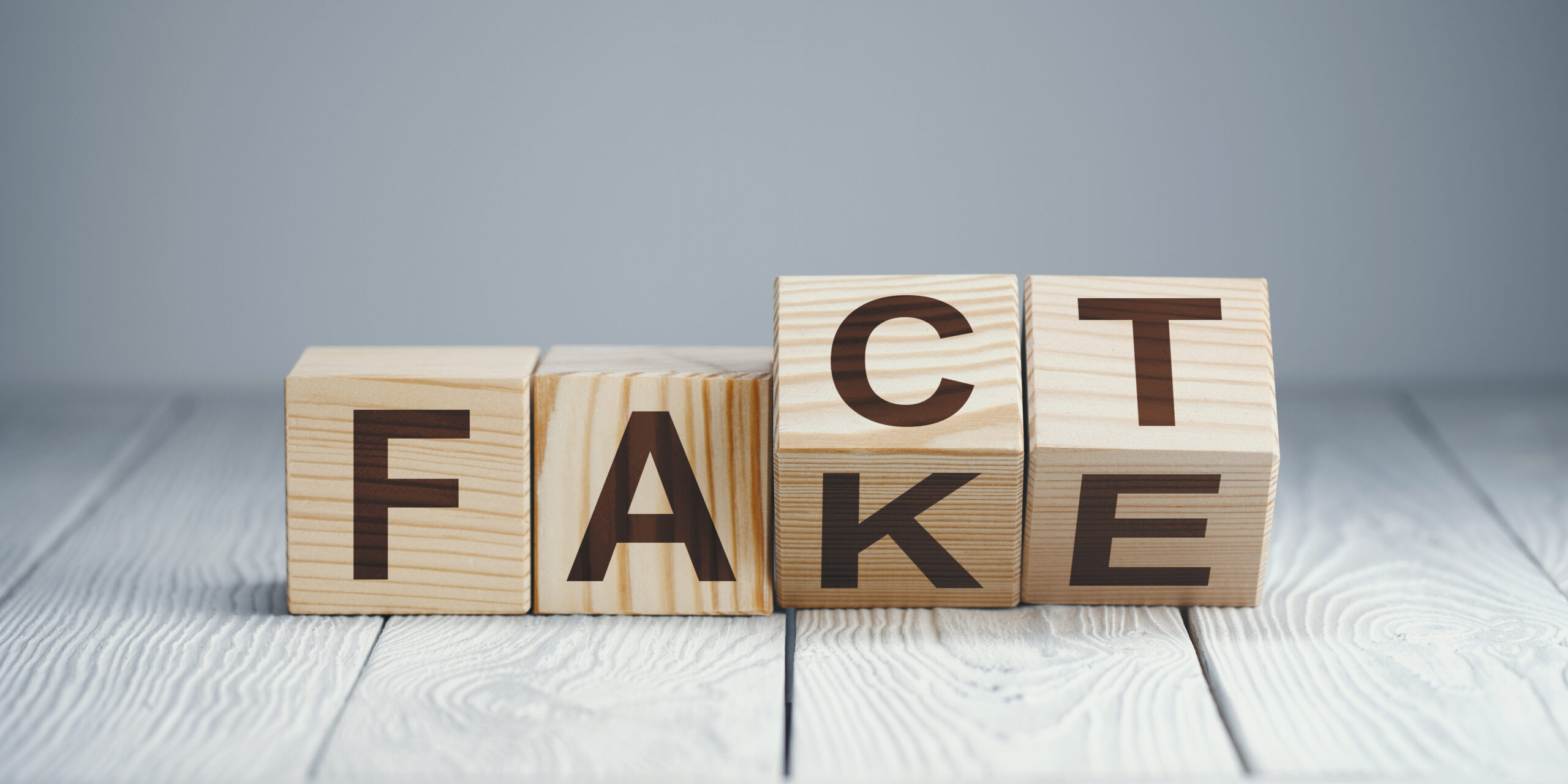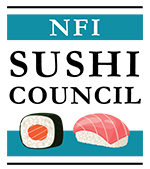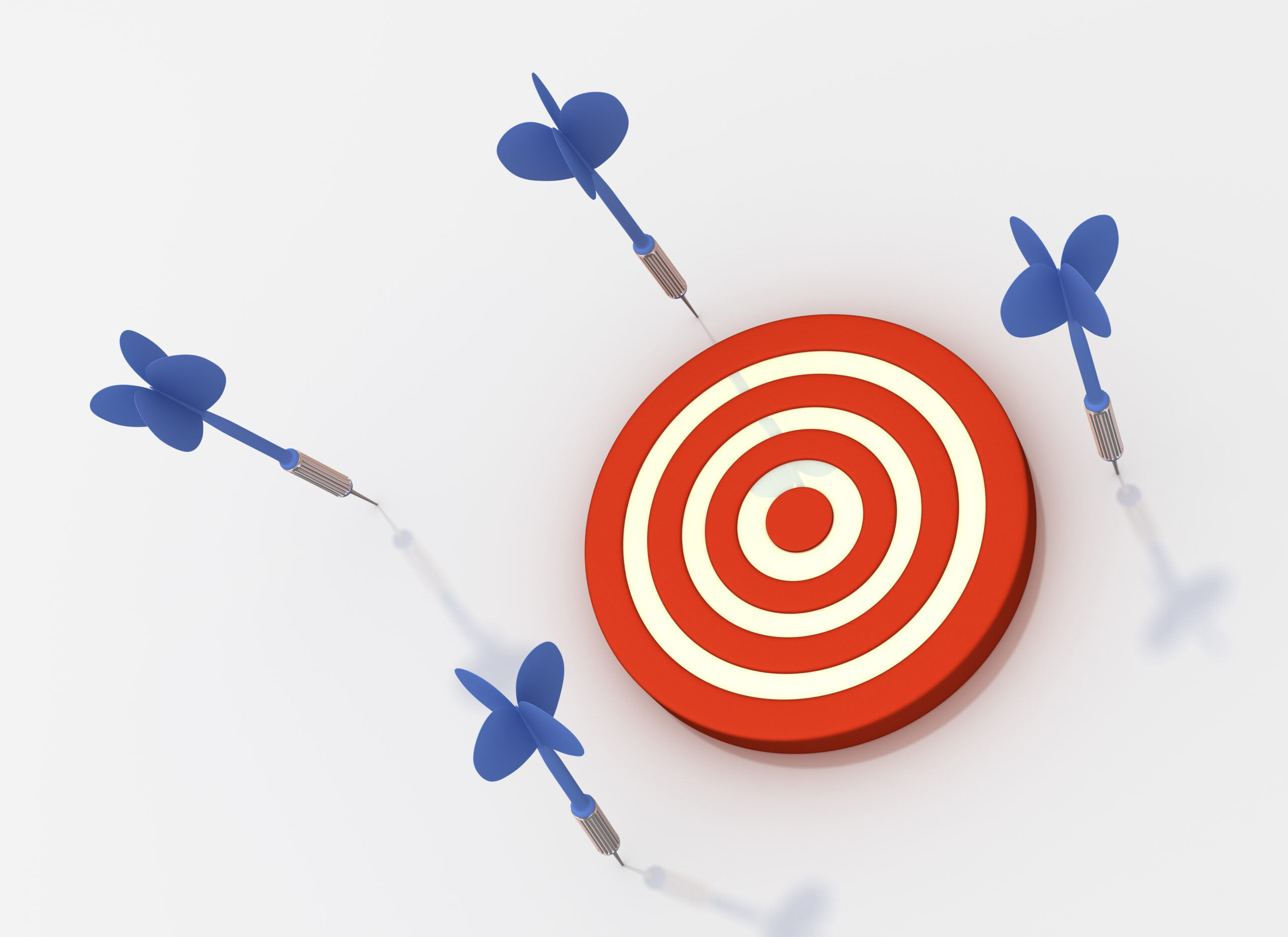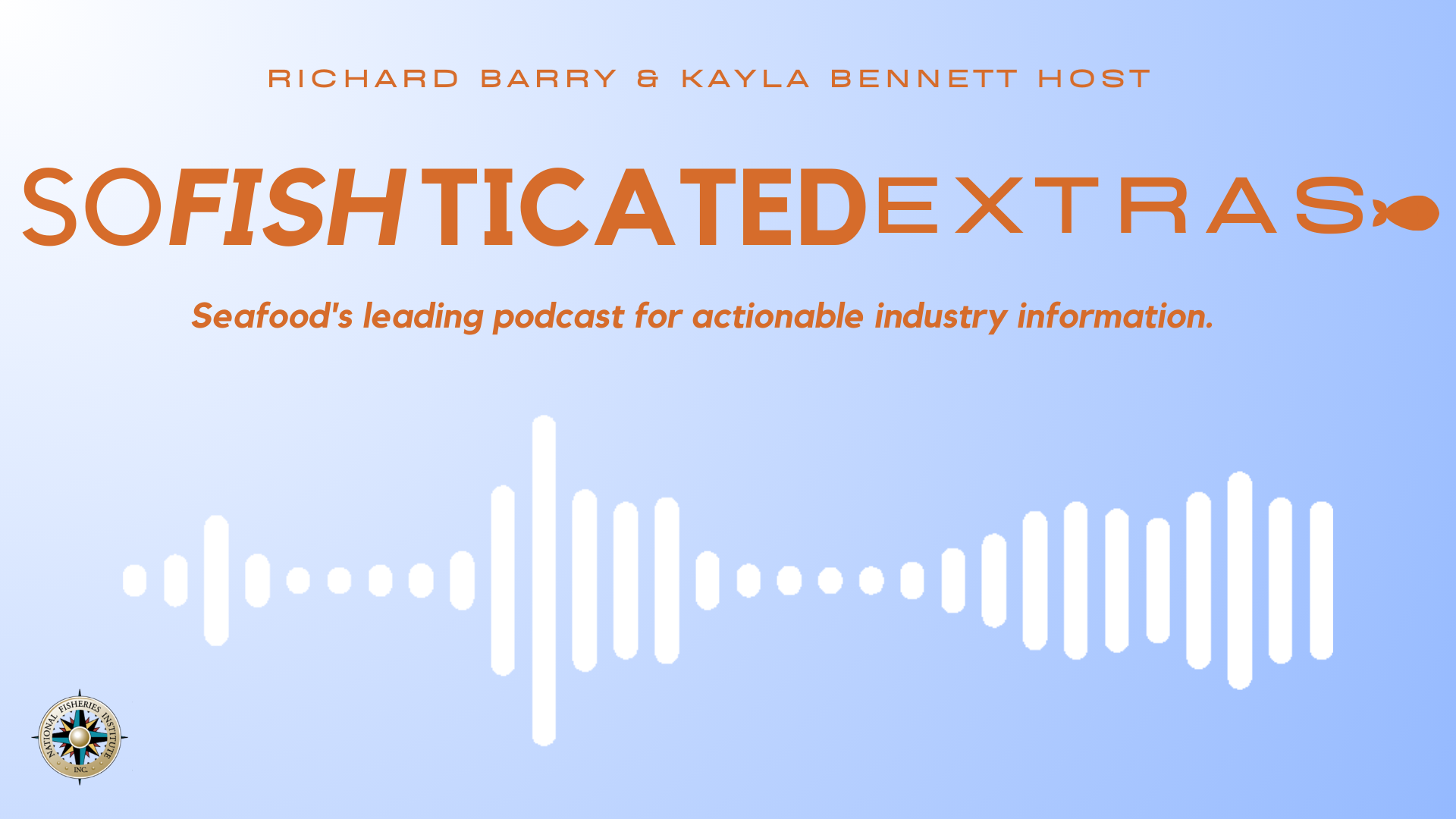Latest Fraudulent “Report” from Greenpeace Includes Dangerously Misleading Advice for Consumers
In what has become a shameless annual tradition, Greenpeace has released yet another report designed to mislead the public and entice gullible press outlets to hand them free fundraising publicity.
The tactic is based on a manufactured list that pretends to rank various supermarket retailers on whether Greenpeace thinks they are “fighting for healthy oceans.” But the deception is quickly obvious. The list has no empirical basis. It is entirely unverifiable, gets basic facts flat wrong, and is apparently made up out of whole cloth.
The document purports to present rankings based on objective empirical standards (right down to the decimal point), but provides almost no explanation on how scores are actually calculated – besides a weak methodology section claiming that all surveys were “consistently” scored. Their ever-morphing analysis is especially ironic considering that “transparency” is one of the criteria on which retailers are judged – a value Greenpeace appears to regard as optional for themselves.
Greenpeace moves the goal posts for their “report” each year. One year they focused on Fish Aggregating Devices (FADs), where they got the science completely wrong. Another year it was carbon emissions – even though their preferred fishing methods actually cause more pollution. After that is was labor, and this year they ended up focusing on plastic waste in the oceans. They might as well be pulling these topics randomly out of a bowl.
Perhaps worst of all, Greenpeace includes dangerous advice that urges consumers to avoid eating seafood – contrary to the explicit guidance of the FDA and all leading health organizations.
This is no small mistake. The FDA warns that most Americans are eating dangerously low amounts of seafood, a deficiency that contributes to nearly 84,000 preventable deaths each year. Another long-term study showed that children whose mothers had reduced their seafood intake during pregnancy had appreciably lower IQs.
Greenpeace explicitly encourages consumers to, “eat less seafood.” This advice couldn’t be more backwards. Check everywhere from the Food and Drug Administration (FDA) to the Dietary Guidelines for Americans to your local nutritionist and everyone will tell you to eat more seafood. Tuna is listed as a particularly good option for families and is a healthy, accessible choice.
Notice also that, even as Greenpeace unscientifically and arbitrarily ranks retailers for their practices, it refuses to conduct environmental or economic impact studies of its own preferred fishery policies – no doubt since they realize the methods they favor would hurt both the environment and ordinary American consumers.
This year, Greenpeace tried to add a positive spin by claiming that they’ve made a difference in the world, simply because they called any score over 40 percent a “passing” grade. No one is falling for their pathetic attempt to claim victory. They, once again, are reusing old tactics in hopes of garnering media attention and raising funds for their next attack. Don’t be fooled.
Greenpeace is a fraud, and this new survey only proves how out-of-touch they’ve become with not just the environment, but on basic science and nutrition. Don’t fall for their plea or listen to their dangerous advice. It could be fatal.




